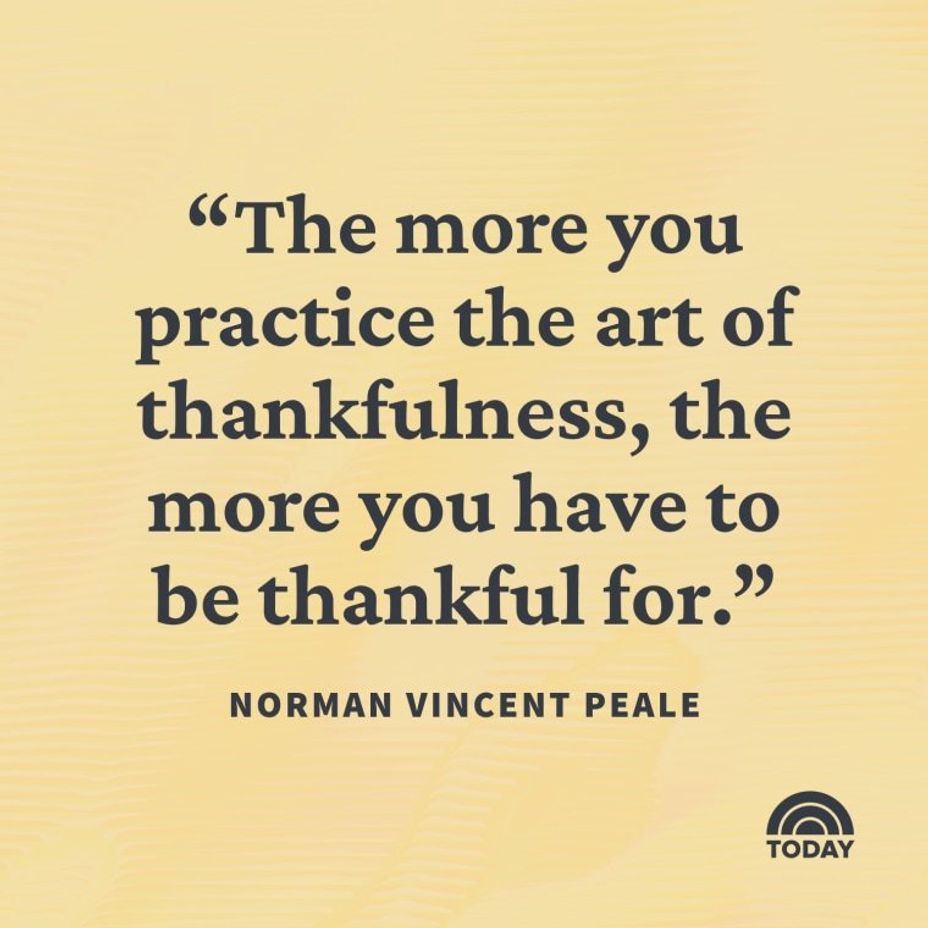Self-criticism and depression are frequently locked in a toxic, self-sustaining cycle. When you’re constantly beating yourself down for making mistakes, or maintaining impossibly high standards, it can have a significant impact on your emotional state and mental health. It can lead to heavy feelings of not being good enough, feeling like you're a failure, and can deplete motivation and self-worth.
The Harsh Inner Critic
In getting to know how your own inner critic can fuel depression, it's helpful to reflect on where these self-defeating patterns started. For many people, the harsh internal voice can actually bear a strong resemblance to the critical voices they heard during childhood. A parent, sibling, or even a teacher, for example. The more often you hear these critical voices, the easier it can become to internalize them and even buy into them yourself. When you internalize these messages early in life, they can become deeply ingrained in your self-perception and self-worth.
Self-criticism can sometimes develop as a way of making sense of painful experiences. If you experienced rejection or constant criticism as a child, you may have unconsciously felt that you deserved it. This can become a survival mechanism. Perhaps a part of you maintains a sense of control by thinking, “If it’s my fault, then I must be able to fix it.” This creates a “greenhouse effect” that allows depression the ideal conditions to grow.
People also can lean on self-criticism as a way of holding themselves accountable, often stemming as well from a previous critical voice. For example, "If I beat myself down for mistakes, or perceived imperfections, then I'll learn and remember next time to do it better." A false sense of accountability as most of the time the standards are too high and the hoped-for lesson isn't learned as much as it becomes the trigger point for further self-reprimanding.
This cycle of self-criticism can also serve as a form of emotional avoidance, which can at times become a strategy to avoid deeper, often painful feelings. When you focus intensely on your perceived flaws and failures, you don’t have to sit with deeper feelings of vulnerability, fear, or shame. Although destructive, self-criticism can become a way of staying emotionally preoccupied, away from deeper feelings.
The Inner Critic Is Not Your Ally
Self-criticism often feels like it’s helping you improve or that it's protecting you from failure. However, in reality, it’s usually doing something quite different. When you criticize yourself relentlessly, you’re creating an internal environment where nothing you do feels good enough. It can leave you feeling like you actually are bad, defective, worthless, or lagging behind others, setting the stage for depression and low self-esteem.
What many often don’t realize is that harsh self-criticism often develops as a defense mechanism. If you grew up in an environment where you were consistently judged, or where love felt conditional, you may have internalized that critical voice. In this sense, carrying a self-judging voice within you now becomes a way of trying to control what is out of your control. If you can criticize yourself first, you can avoid the pain of it from others.
But this protection from vulnerability, failure, and shame comes at a cost. The more you engage in self-criticism, the more you reinforce a belief that you’re fundamentally flawed or inadequate. Over time, this belief becomes deeply ingrained, and can set the stage for depression (and anxiety). In fact, on anxiety for a moment, I have found that panic attacks, and even phobias, such as fear of flying and agoraphobia, can be exacerbated by a harsh internal critic. This voice can make it difficult to experience genuine moments of satisfaction, as you may ultimately be giving more attention to where you're going wrong and are flawed rather than being in the present.
The Self-Sabotaging Feedback Loop
The connection between self-criticism and depression becomes clearer when you look at what happens emotionally. Depression often involves feelings of worthlessness and hopelessness, along with a pervasive sense that things won’t get better. Self-criticism feeds directly into these feelings.
When you repeatedly tell yourself you’re not good enough, you’re basically building a negative foundation into your mind. This creates a cycle: you feel down on yourself, which leads to more self-criticism for how bad or flawed you must be. This deepens the depression and makes you more vulnerable to harsher self-judgments. It also makes you prone to negative projections—the idea that other people are also seeing you the way you see yourself. The cycle reinforces itself.
Self-criticism is also depleting. It takes significant emotional and psychological energy to maintain this internal attack. Depression on its own already drains your energy and motivation. Adding the weight of self-judgment makes this even heavier. You may end up feeling stuck, unable to find more energy or motivation to improve, and it can reinforce a sense of hopelessness.
Reclaiming Your Worth and Voice
If you find yourself caught in cycles of harsh self-judgment alongside feelings of depression, it is possible to emerge from these states. Therapy can help you explore, understand, and work through the depths of your inner critic and develop a more compassionate relationship with yourself.
#Depression #Anxiety #MentalHealth #Phobia #phobias #Agoraphobia #fearofflying #PanicAttacks










